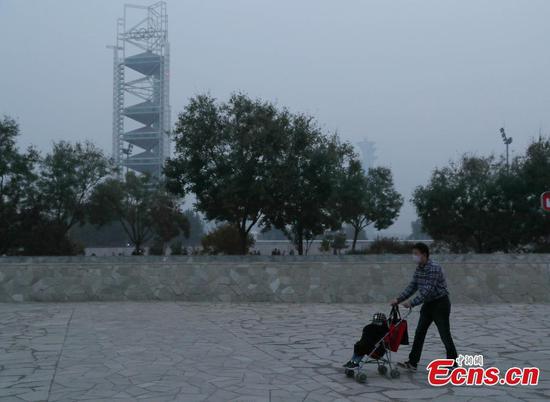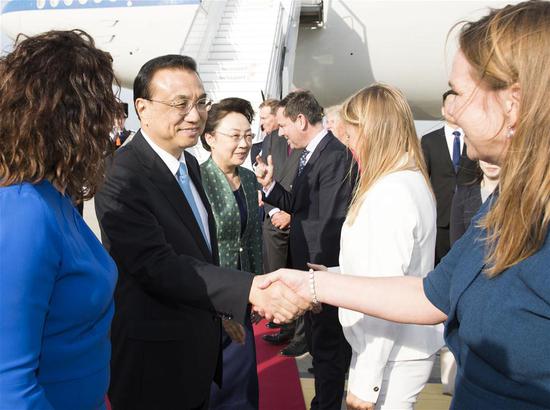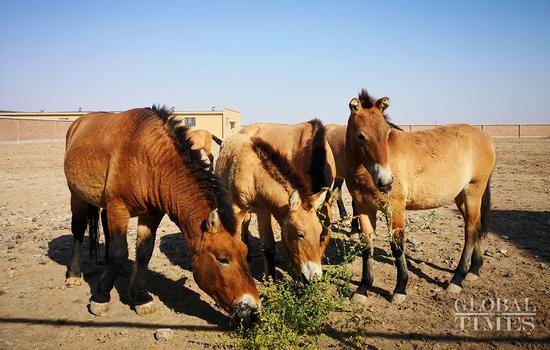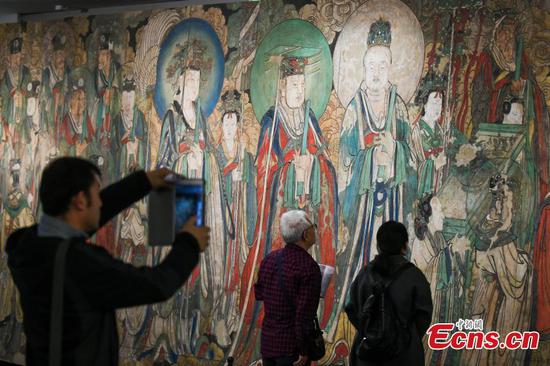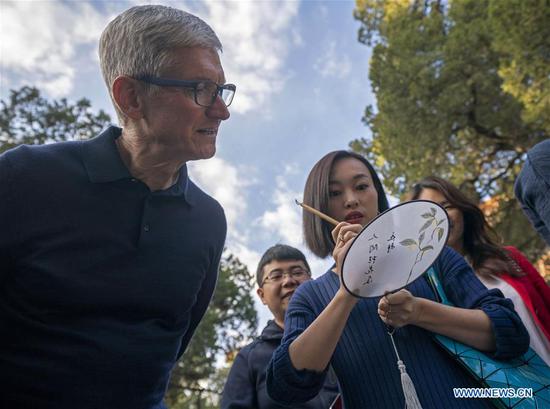Bilateral and multilateral free trade agreements should not be directed against third parties, State Councilor and Foreign Minister Wang Yi told Mexican Foreign Minister Luis Videgaray on Saturday.
As Videgaray briefed Wang on the recently signed United States-Mexico-Canada Agreement, Wang said trade pacts should not be used to restrict members' legitimate rights and interests, and still less to practice exclusionism.
The U.S. concluded talks two weeks ago with Canada and Mexico on the new USMCA trilateral trade agreement, which the three countries must ratify before it takes effect. It is intended to replace the North American Free Trade Agreement.
The USMCA would give Washington veto power over any bilateral deal Canada or Mexico may wish to reach with "a non-market country" - wording often used to describe China.
Wang said China and Mexico, as comprehensive strategic partners, have always shared mutual understanding, trust and support on major issues.
China and Mexico are both emerging economies, and they should work together to safeguard multilateralism and the free trade system, he said.
During their conversation, Videgaray assured Wang that Mexico is an independent sovereign state and the agreement will in no way affect the exchanges between China and Mexico, nor will it lead to any restriction on bilateral trade, investment or political relations between the two countries.
China is a trustworthy partner for Mexico, Videgaray said, adding that Mexico is willing to further develop their bilateral comprehensive strategic partnership.
Shortly before speaking with Videgaray, Wang also discussed the USMCA with Canadian Foreign Minister Chrystia Freeland, who said Ottawa will advance negotiations on free trade agreements with other countries based on its own decisions.
Freeland told Wang on Wednesday that signing the USMCA should not undermine the legitimate rights and interests of other countries.
Under article 32.10 of the USMCA, any deal made with "a non-market economy" could lead to that country's expulsion from the trade agreement. In a recent interview with Reuters, U.S. Commerce Secretary Wilbur Ross compared the article to a poison pill. Observers said Washington is attempting through this article to limit the trade options of its allies and to isolate China.
Foreign Ministry spokesman Lu Kang said last week that as defender of free trade, China hopes free trade arrangements in any region and in any form will follow the principle of openness, transparency and inclusiveness to create a more free and enabling environment for global trade.









